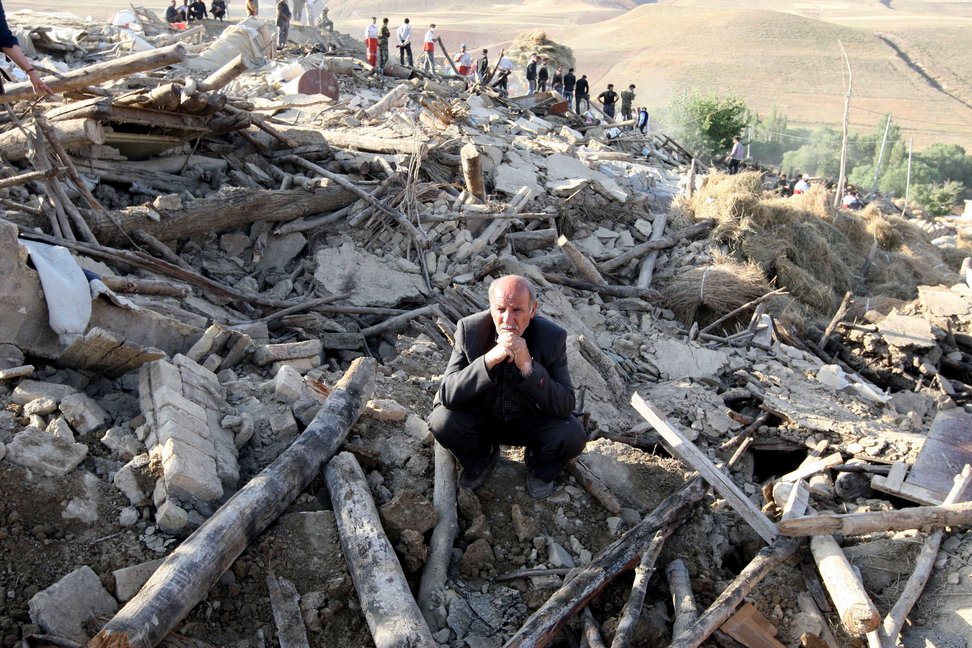El-Nadeem Centre for the Rehabilitation of Victims of Violence announced Wednesday that a former decision to freeze its bank account has been lifted.
On 10 November, El-Nadeem reported that Crédit Agricole bank informed the centre that the Central Bank of Egypt had issued an order to block their account, until the centre settles its legal situation with the Ministry of Social Solidarity, regarding the NGOs law.
“Crédit Agricole bank lifted the freeze on El-Nadeem’s account after it presented documents stating that the centre was not under the authority of the ministry,” El-Nadeem said in statement published on Facebook Wednesday.
According to El-Nadeem’s official website, the centre is registered as a non-profit origination since 1993. It has mostly worked with victims of torture, providing legal, social and psychological assistance to nearly 3,000 victims as of 2009. The centre also publishes regular reports on torture cases, focusing on detention facilities.
The centre claimed to be under state crackdown – including two attempts to shut it down this year, by officials who claimed to be from the Health Ministry. This comes amid a wave of restrictions on NGOs to be further enforced if the parliament passes a new NGOs law which raised controversy among civil society workers and rights advocates.
In 2011, Egyptian authorities pursued NGOs, closed most foreign organisations and put their members on trial in an infamous NGOs case that received criticism locally and internationally.
In the years that followed the 2011 revolution, the state has continued to prosecute civil society workers, with stated reasons that they illicitly receive foreign funds and execute foreign agendas.
On the other hand, many civil society workers believe they’re being chased for denouncing deterioration in human rights. They face trials, restrictions on their personal and families’ asset and travel bans, such as Gamal Eid, Hossam Bahgat and others.
El-Nadeem issued a separate a statement on Wednesday commenting on the issue: “Between 10 and 15 November, the crackdown on the Egyptian human rights movement has escalated. On 15 November, human rights defender Ahmed Ragheb was told by Egyptian passport control officials at Cairo International Airportthat he was banned from travelling to Morocco to participate in the 22nd Conference of the Parties (COP 22) of the United Nations Climate Change Conference.”
The statement condemned the travel ban issued against the Egyptian lawyer and founder of the National Community for Human Rights and Law (NCHRL) an organisation that works to defend human rights, saying it “coincides with a massive and unprecedented judicial harassment campaign against the Egyptian human rights movement”.
The statement further criticised the House of Representatives’ approval on Tuesday of the controversial 89-article, Non-Governmental Organisations (NGO) Law. The bill drafted by parliament was stricter and included prison sentences of up to five years.
“The proposed law threatens to imprison human rights defenders and NGO staff from one to five years and fine them between EGP 50,000 and EGP 1,000,000 if they inter alia facilitate or participate in activities carried out by international organisations without authorisation of the Egyptian authorities,” El-Nadeem said.
It added: “the law also gives Egyptian authorities the power to dictate the location and headquarters of civil society operations, and proposes to imprison human rights defenders for up to one year and fine them between EGP 20,000 and EGP 500,000 for carrying out ‘crimes’ such as moving the headquarters of the organisation to a place other than what had been previously authorised.”
El-Nadeem called on Egyptian authorities to stop travel bans, refrain from adopting the law, cease harassment of centre members, and human rights workers.




